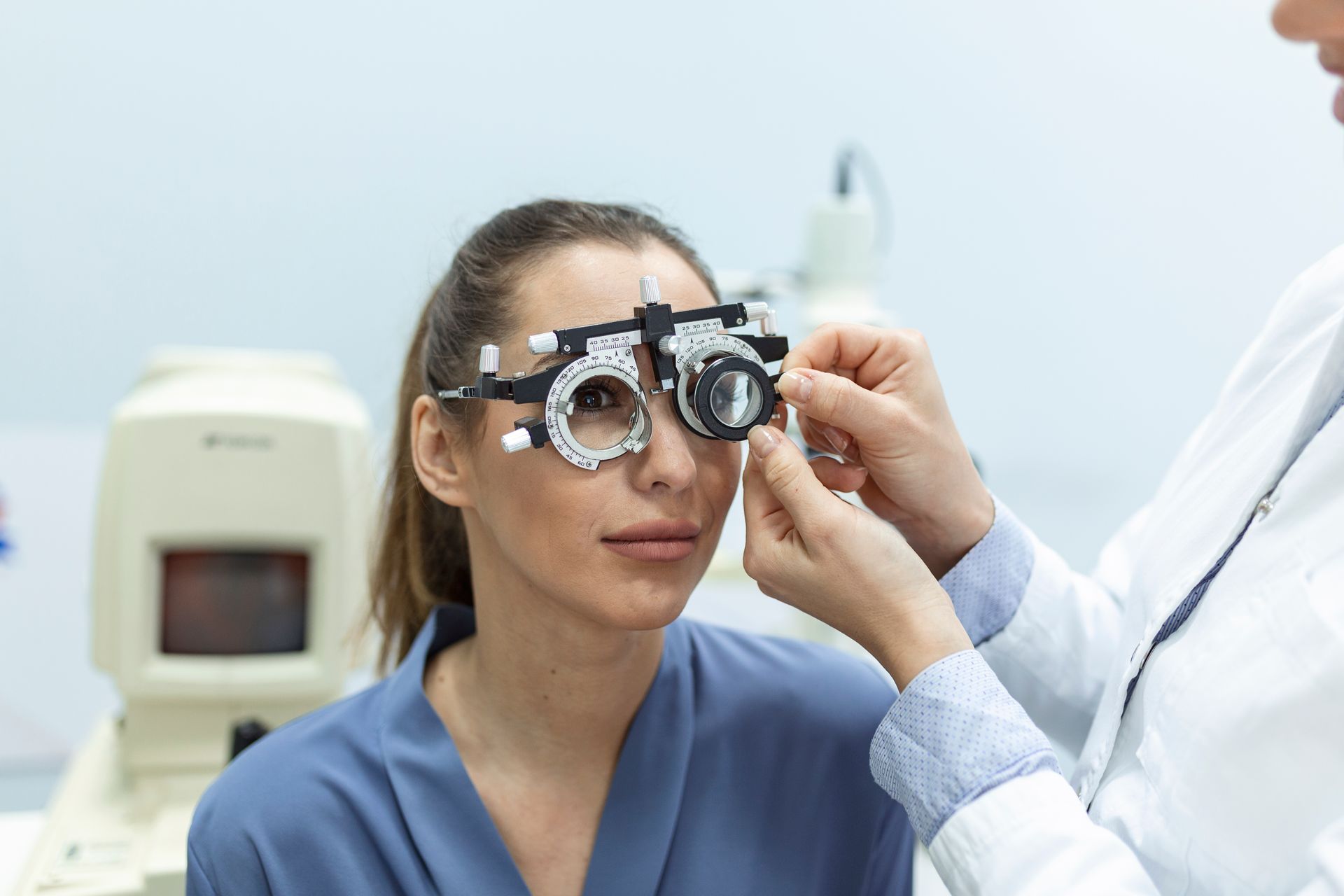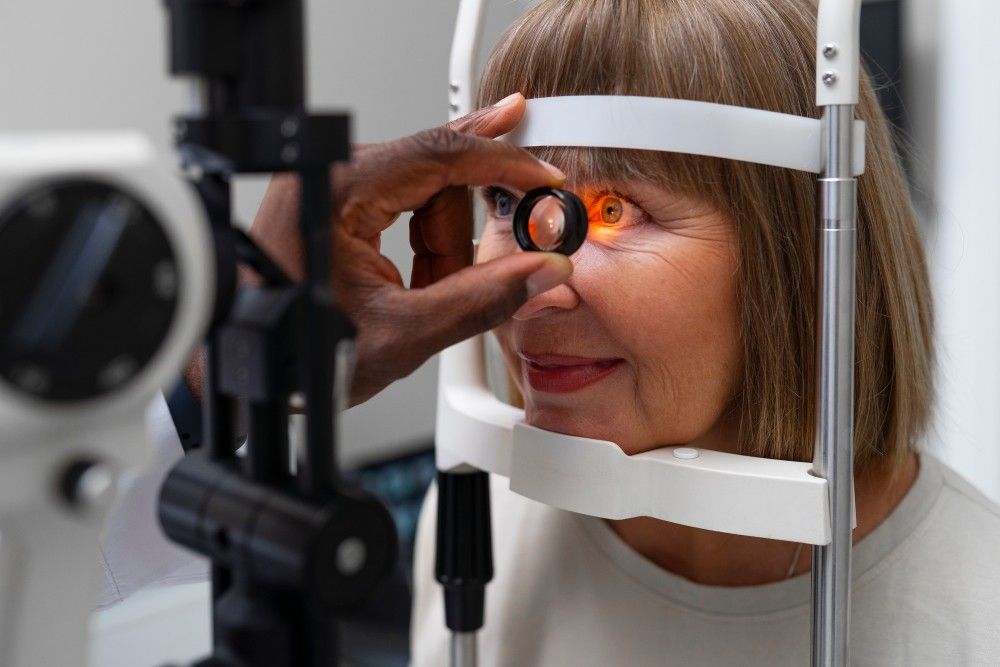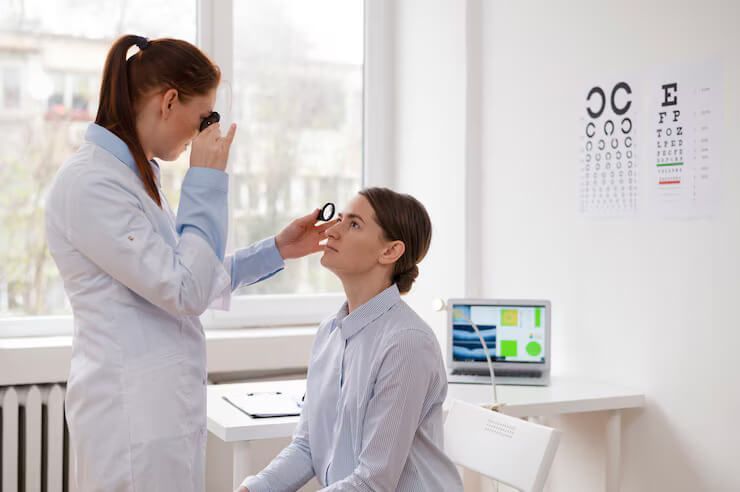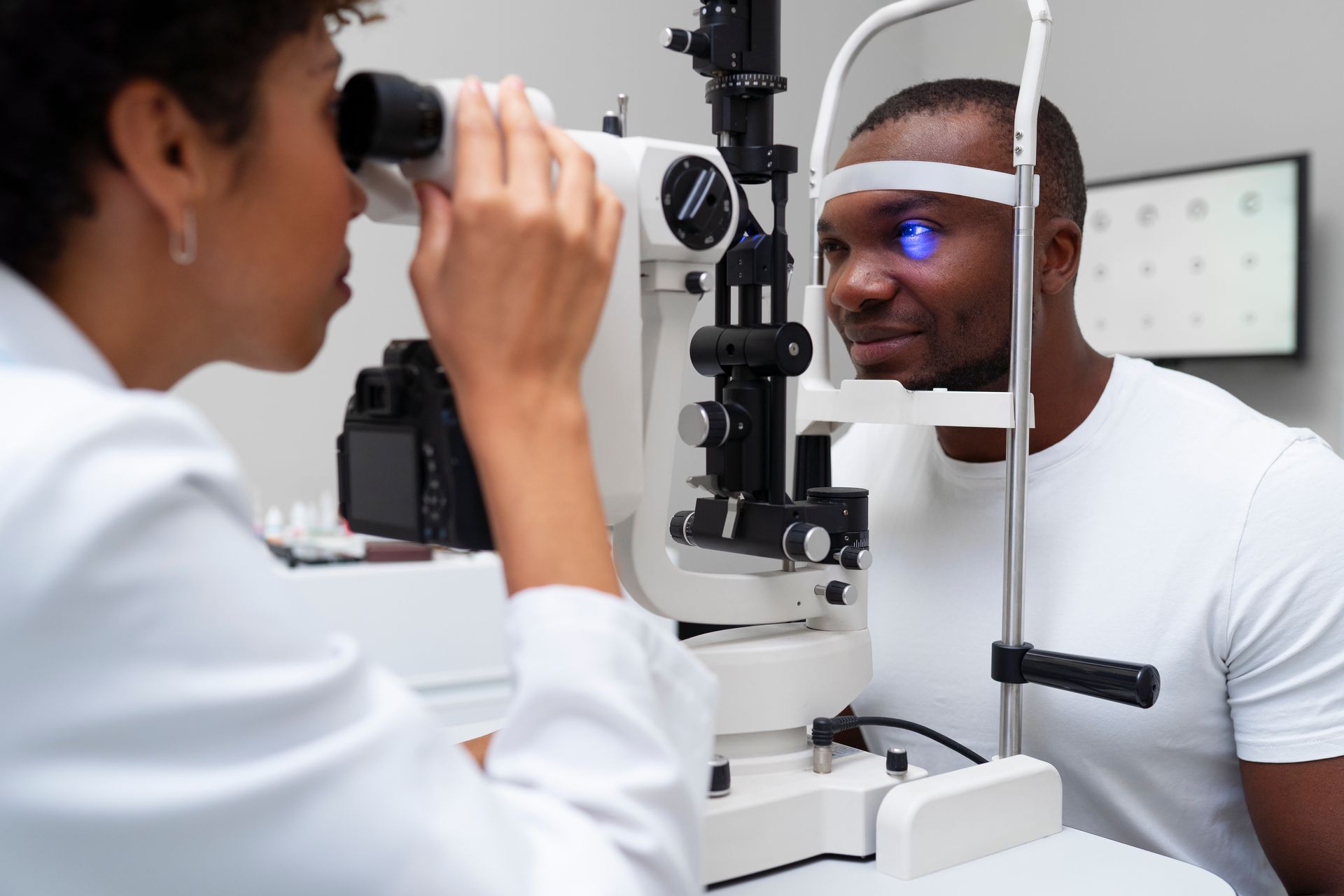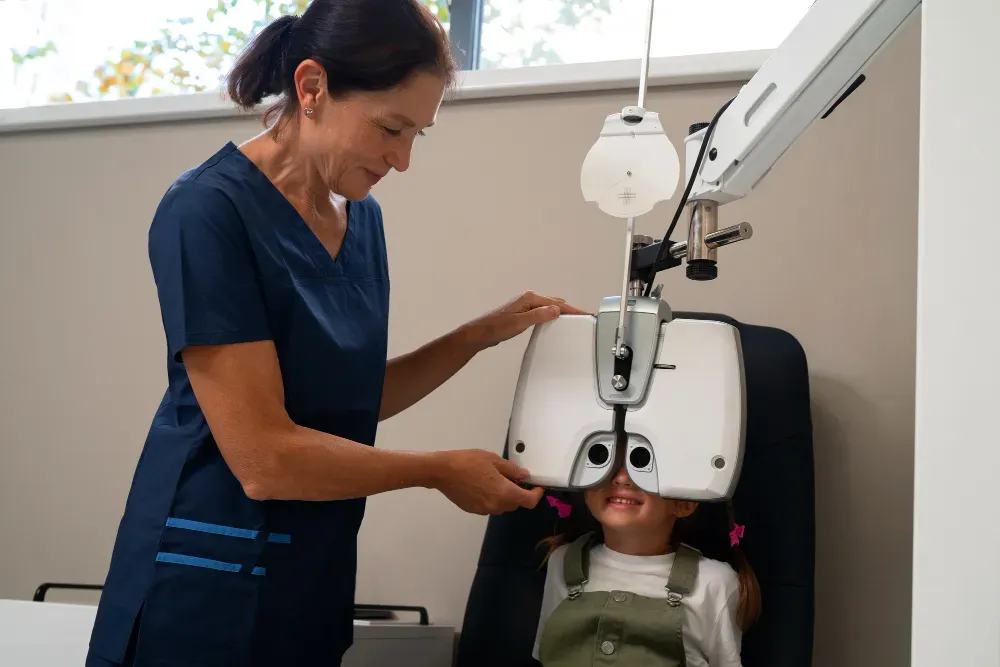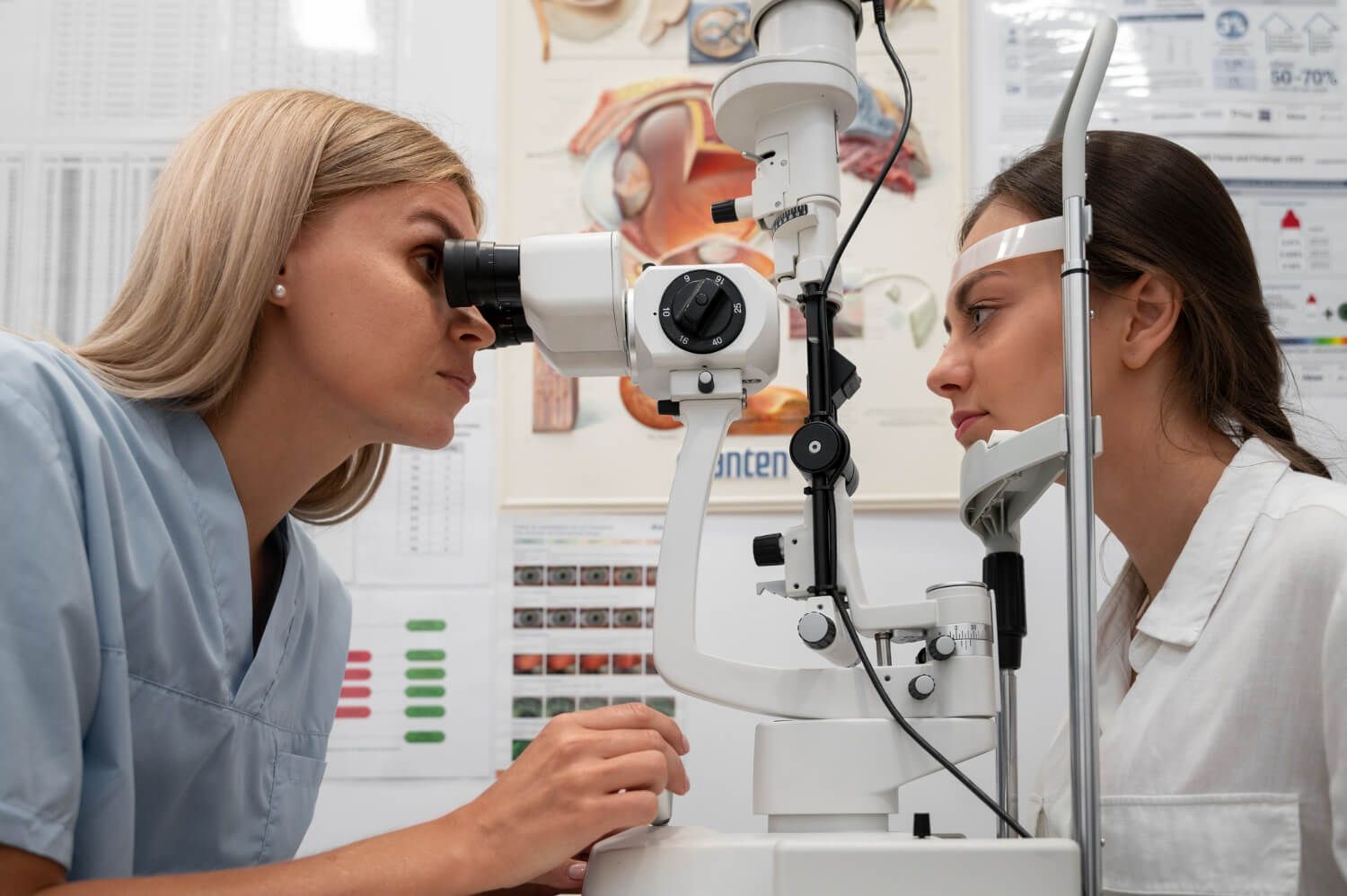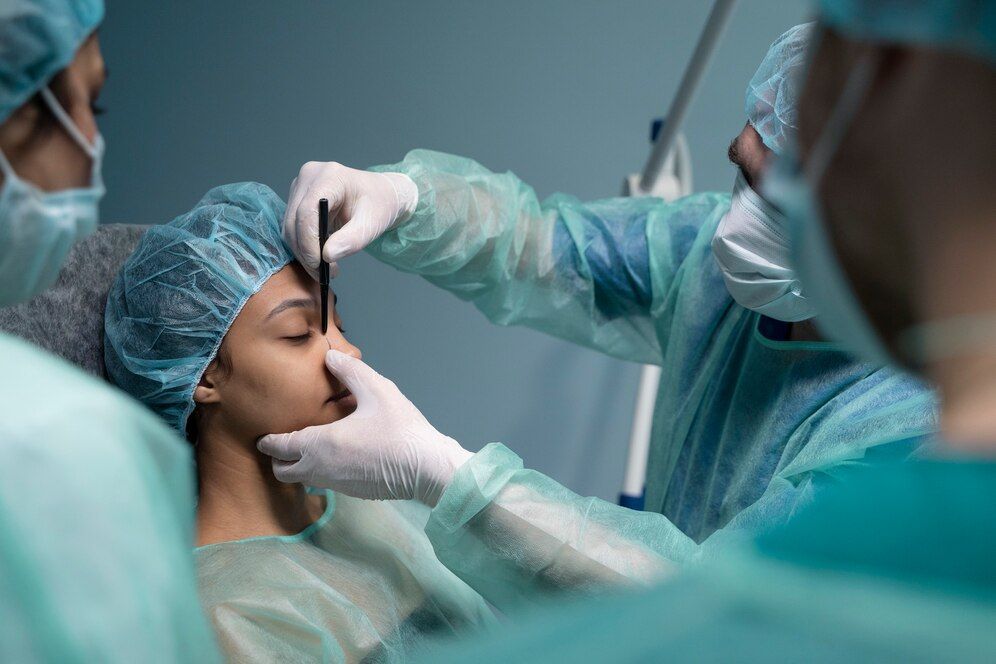Empowering November: Taking Charge of Diabetic Eye Health
Step into November with Hill Country Eye Center as we extend an invitation to champion awareness for the crucial significance of maintaining optimal eye health for individuals managing diabetes. This blog post will navigate through the intricacies of diabetic eye disease, shedding light on its causes, diverse types, prevention strategies, and effective management. Our focus remains on underscoring the paramount importance of early detection and timely intervention.
Understanding Diabetic Eye Disease:
- Decoding Diabetic Eye Disease: Explore the realm of diabetic eye disease, a cluster of eye conditions impacting individuals with diabetes, ranging from diabetic retinopathy, diabetic macular edema, cataracts, to glaucoma.
- The Impact of Diabetes on Vision: Uncover how elevated blood sugar levels can adversely affect the delicate blood vessels in the retina, potentially leading to vision challenges. Additionally, discover how diabetes heightens the susceptibility to developing cataracts and glaucoma.
Types of Diabetic Eye Disease:
- Insights into Diabetic Retinopathy: The most prevalent form, diabetic retinopathy manifests when the blood vessels in the retina sustain damage, potentially resulting in vision loss. Early identification and intervention are pivotal.
- Navigating Diabetic Macular Edema: As a complication of diabetic retinopathy, this condition triggers swelling in the macula, the central region of the retina responsible for sharp vision. Learn how timely treatment can avert vision loss.
- Cataracts and Glaucoma: Delve into the increased likelihood of individuals with diabetes developing cataracts and glaucoma. Discover how regular eye examinations and effective diabetes management can diminish the risk of these conditions
.
Prevention and Management:
- Fending Off Diabetic Eye Disease: Uncover proactive measures such as maintaining optimal blood sugar levels, adhering to a wholesome diet, incorporating regular exercise, steering clear of smoking, and safeguarding eyes from UV rays and injury.
- Embracing Lifestyle Adjustments: Explore the positive impact of adopting a balanced diet, incorporating regular exercise, and managing medication to mitigate the risk of diabetic eye disease. Consultation with healthcare providers is encouraged for tailored advice.
- Strategies for Diabetes Management and Eye Health: Understand the critical role of proper diabetes management, encompassing regular monitoring of blood sugar levels and adherence to prescribed medications, in preventing potential eye complications.
Importance of Early Detection and Treatment:
- Advantages of Early Identification: Highlighting the merits of early detection, this section emphasizes how prompt treatment reduces the risk of vision loss and related complications.
- Regular Eye Exams and Screenings:
Advocating for annual comprehensive eye exams for individuals with diabetes, supplemented by additional screenings based on individual risk factors.
- Navigating Treatment Options: Delve into various treatment choices, ranging from medication to laser therapy and surgery, contingent on the specific condition and severity. Trust your eye care professional to chart the most fitting treatment plan for your unique needs.
Statistics and Impact:
- Global Reach of Diabetic Eye Disease: Uncover the widespread impact of diabetic eye disease, affecting millions globally and standing as a primary cause of vision loss. Statistics reveal that diabetic retinopathy affects approximately one in three individuals with diabetes over the age of 40, while diabetic macular edema impacts about one in ten.
Take Action Today:
- Amplify Awareness: Be an advocate by spreading awareness about diabetic eye disease and the critical role of regular eye exams within your social circles and community.
- Embrace a Healthy Lifestyle: Adopt a lifestyle that prioritizes health, making choices that prevent diabetes and effectively manage blood sugar levels. Recognize that a healthy lifestyle extends its benefits to overall health, including the well-being of your eyes.
In the spirit of empowerment and collective action, let's elevate awareness, deepen our understanding of risks, and embrace preventive measures to alleviate the impact of diabetic eye disease. Regular eye exams, early detection, and timely intervention stand as the cornerstones for maintaining optimal vision and a high quality of life for individuals managing diabetes. Join us in making a meaningful difference this November!
